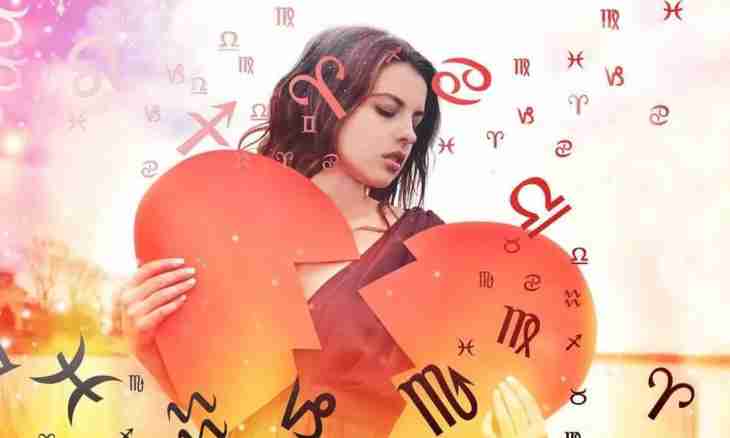The truth – one of fundamental concepts of philosophy. It is the purpose of knowledge and at the same time an object of research. Process of knowledge of the world appears as getting of the truth, the movement to it.
Classical philosophical definition of the truth belongs to Aristotle: compliance of intelligence of a real thing. The concept of the truth is entered by other Ancient Greek philosopher – Parmenid. He opposed the truth to opinion.
Concept of the truth in the history of philosophy
Each historical era offered the understanding of the truth, but in general it is possible to allocate two directions. One of them is connected with Aristotle's concept – the truth as compliance of thinking of objective reality. Thomas Aquinas, F. Bacon, D. Diderot, P. Golbakh, L. Feuerbach held such opinion.
In other direction which is going back to Platon, the truth is considered as compliance to the Absolute, the ideal sphere preceding a material world. Such views are present at Aurelius Augustine, G. Hegel's works. In such approach the idea of the congenital ideas which are present at human consciousness figures prominently. It was recognized, in particular, by R. Descartes. I. Kant connects the truth with a priori forms of thinking too.
Types of the truth
The truth in philosophy is considered not as something uniform, it can appear in different options – in particular as absolute or relative. The absolute truth is the exhaustive knowledge which is not subject to a denial. For example, a statement that now there is no French king - it is the absolute truth. The relative truth reproduces reality restrictedly and approximately. Newton's laws – an example of the relative truth, they act only on a certain level of the organization of matter. The science seeks for establishment of the absolute truth, but it remains an ideal which cannot be reached in practice. The aspiration to it becomes the driving force of development of science. G. Leibniz distinguished the necessary truth of reason and the accidental truth of the fact. The first can be checked by the principle of a contradiction, the second rely on the principle of the sufficient basis. The philosopher considered a residence of the necessary truth reason of God.
Criteria of the validity
Criteria of what should be considered true differ depending on the philosophical concept. In ordinary consciousness criterion of the truth recognition the majority, but as history shows quite often is considered, also false statements can be recognized as the majority, therefore, universal recognition cannot be criterion of the validity. Still Democritus said about it. In R. Descartes, B. Spinoza, G. Leibniz's philosophy the truth offers to consider what is clearly and distinctly thought, for example, "the square has 4 parties". Within pragmatical approach what bears practical benefits is considered the truth. The American philosopher U. James adhered to such views, in particular. In terms of dialectic materialism what is confirmed by practice is considered true. Practice can be direct (experiment) or mediated (the logical principles created in the course of practical activities). Too it is impossible to call the last criterion faultless. For example, until the end of the 19th age of the practician confirmed indivisibility of atom. It demands introduction of an additional concept – "the truth for the time".

